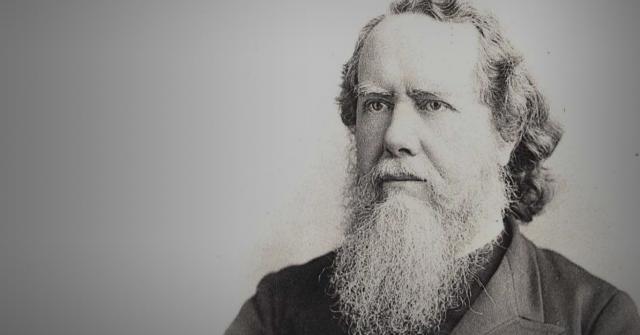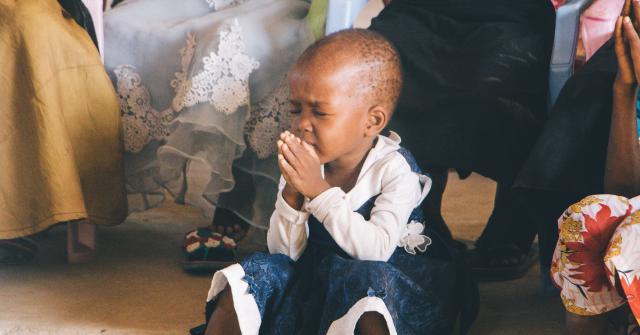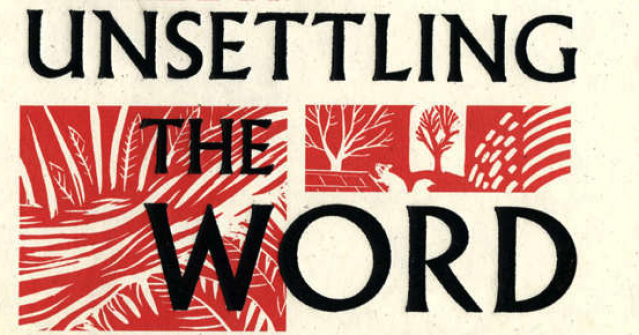
Dismantling the Hero Complex
Jonathan said to his young armour-bearer, “Come, let’s go over to the outpost of those uncircumcised fellows. Perhaps the Lord will act in our behalf. Nothing can hinder the Lord from saving, whether by many or by few.”
I’ve got to admit that I get fired up when I read things like this account of Jonathan. It has all the right ingredients of a hero story. Overwhelming forces of evil are being opposed by a young person with faith. The possibility for tragedy looms, but miraculously, the victory goes to the pure hearted underdog.
The story above is an example of a facet of mission in the Old Testament. The establishment of the nation of Israel was a central part in God’s plan to extend Shalom throughout the whole earth, and Jonathan’s actions tapped into that God given mission. Of course, farmers, herdsmen and merchants and priests also played a role.
As much as the hero story appeals to me, today the mission of the followers of Jesus looks different. The way we carry out mission is found at the intersection of “love God” and “love your neighbour” (Mt. 22:37-40); and “(t)herefore go and make disciples of all nations, baptizing them in the name of the Father and the Son and of the Holy Spirit, and teaching them to obey everything I have commanded you.” (Mt. 28:19)
What has changed about mission? Well, the mission itself, is still to build the Kingdom of Shalom. But both the context and the method have changed. I know some people get fired up by passages in the Bible like, “our struggle is not against flesh and blood, but against the rulers, against the authorities, against the powers of this dark world and against the spiritual forces of evil in the heavenly realms.” (Eph. 6:12) We want to grab our (spiritual) sword and engage the enemy at a cosmic level. The unfortunate consequence is that they often end up spiritualizing the mission. They want to be Jonathan facing down the Philistines. The hero story beckons to them. Through battle in the heavenlies they want to establish a border around the Church while declaring the destruction of principalities. But Christians are not called to create a nation like Israel of the Old Testament. Instead, our mission is based on being “salt” and “light”. We are to permeate the whole earth with the fragrance of Christ. To do that we must go in the same way that Jesus went – in righteousness, love, humility, gentleness, kindness, grace, and peace.

But, what about the powers of darkness? Isn’t there a battle to be waged?
The short answer is “Yes”!
Scripture says that the risen Christ is King of Kings and Lord of Lords and all things are under his feet (1 Cor. 15:27). The often-overlooked beginning of “The Great Commission” has the risen Jesus saying: “All authority in heaven and on earth has been given to me.” (Mt. 28: 18) So, how do we apply Jesus’ authority to mission? It seems that there are two things that we should keep in mind.
First, we live in the tension of the already and not yet. The full manifestation of the Kingdom will not occur until Jesus returns. Until then, Christians are tasked with the ministry of reconciliation, reconciling all things to God. This ministry of reconciliation is accomplished through the blood of Jesus, shed for us (Col. 1:20), an act of grace which sets us on the path of a right relationship with God, and impacts all of life. “War in the heavenliness” is not done by charging the enemy powers. It is done by submitting wholeheartedly to God and persistently seeking and hoping for His intervention while resisting the temptations and broadcasts of the enemy until God intervenes. It is deeply and steadfastly affirming the authority of Jesus the Lord over every situation until the Father tells the enemy, “Back off!” We influence people and institutions on earth by modelling the way of righteousness and proclaiming the Gospel of the Kingdom to affect the here and now. Not by “taking over” with the power of Government, meaning with the force of the sword and gun. Jesus said, “If my Kingdom was of this world then my servants would be fighting.” (Jn 18:36)
So, communities can be communities of reconciliation. Communities become demonstrations of mutual love and care, deep relationships, a refuge for the vulnerable and advocates for Shalom.
Disciples can be an authentic part of a community; and are people who continue growing in spiritual maturity, successfully integrating mission and formation. They are growing in the knowledge and application of the word, communion through the Spirit in every circumstance, prayerful and interceding, adept at hearing and obeying, growing in trust and faith, exhibiting the fruit of the Spirit, and making other disciples in all facets of their lives.
Second, the battle against evil is in the heavenly realms, and Jesus is the hero. He has won the victory. We have a different role in the ministry of reconciliation. We are heralds, or ambassadors. That makes sense because we have the Kingdom in us (Lk 17:21). We can vouch for its authenticity, but only if we “Go” in the same way that Jesus went.
Jesus himself, describes the Kingdom way in the Beatitudes. He says, “Blessed are the poor in spirit… Blessed are those who mourn… Blessed are the meek… Blessed are those who hunger and thirst for righteousness… Blessed are the merciful… Blessed are the pure in heart… Blessed are the peacemakers… Blessed are those who are persecuted because of righteousness… Blessed are you when people insult you, persecute you and falsely say all kinds of evil against you because of me.” (Mt. 5:1-12)
We may not be the hero that saves the universe, but we can be a hero to the ones around us, and one is enough.
Like what you read? Check out Alan Hirsch's article "Are We Monotheists? Really?"







